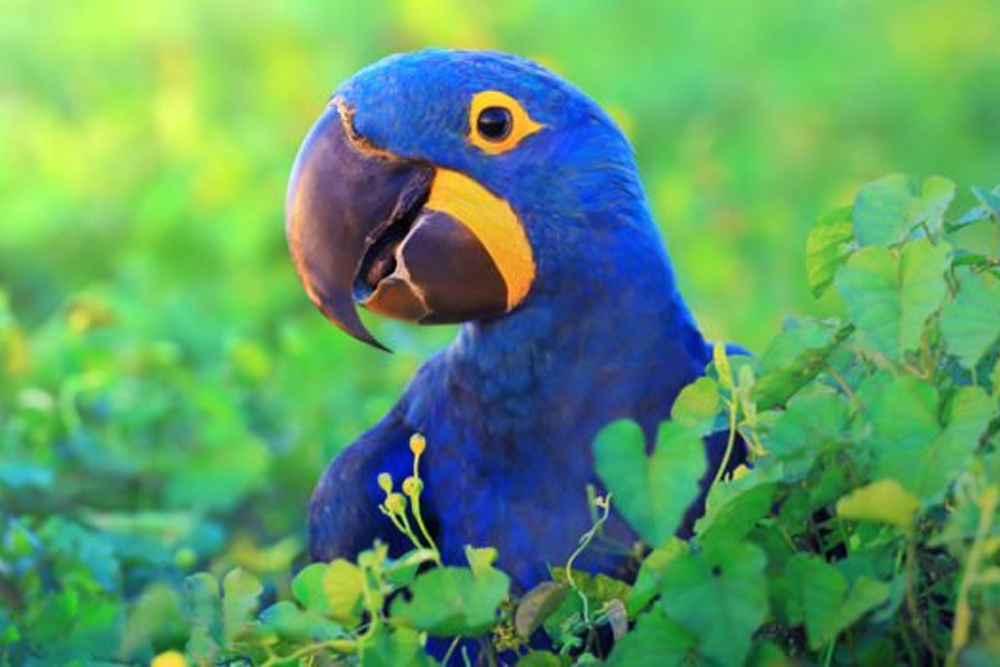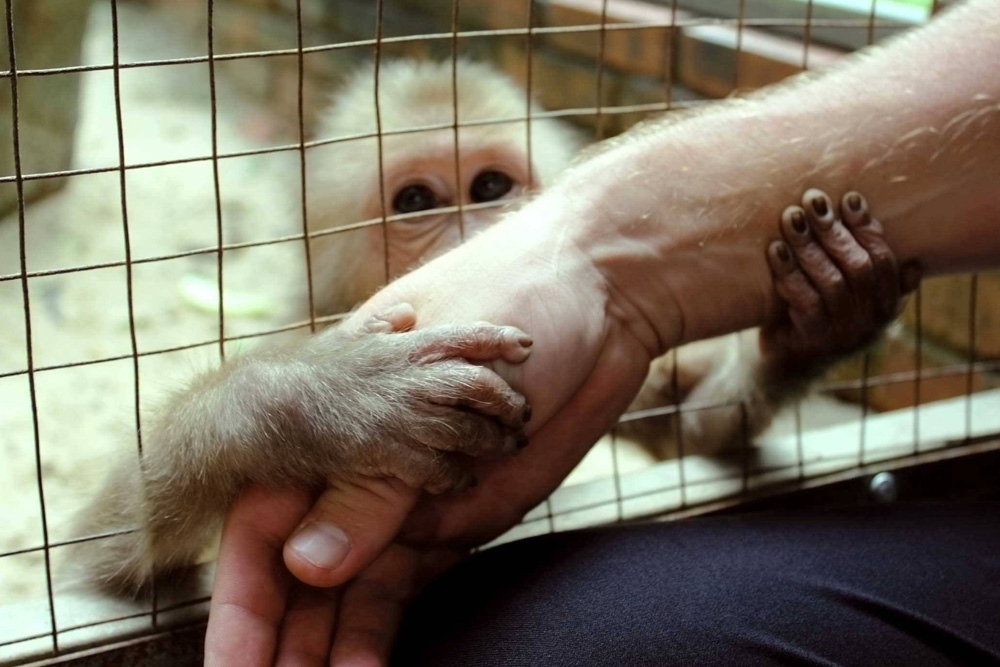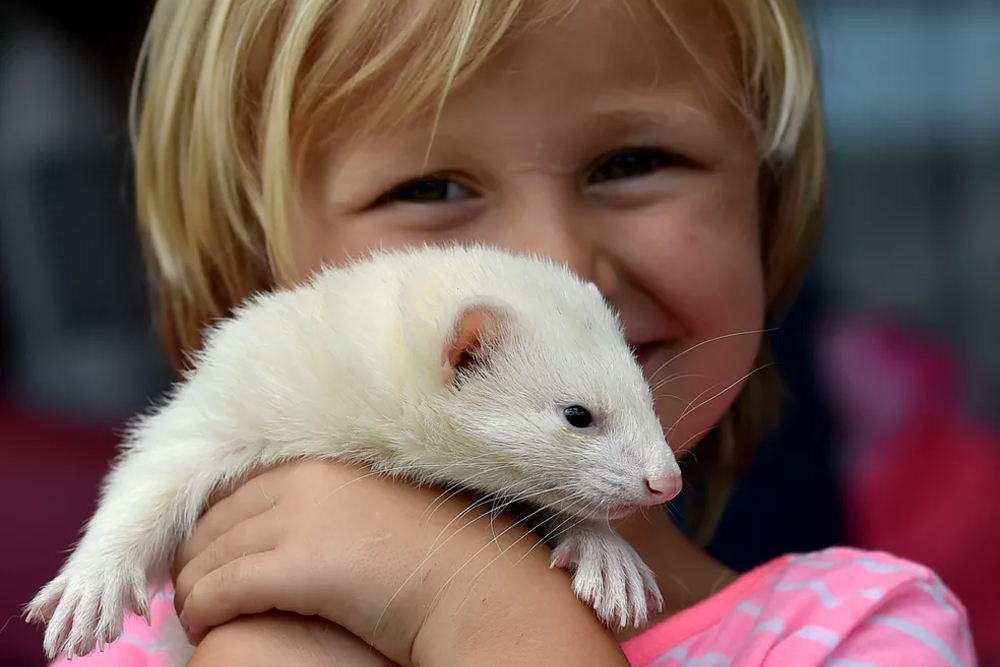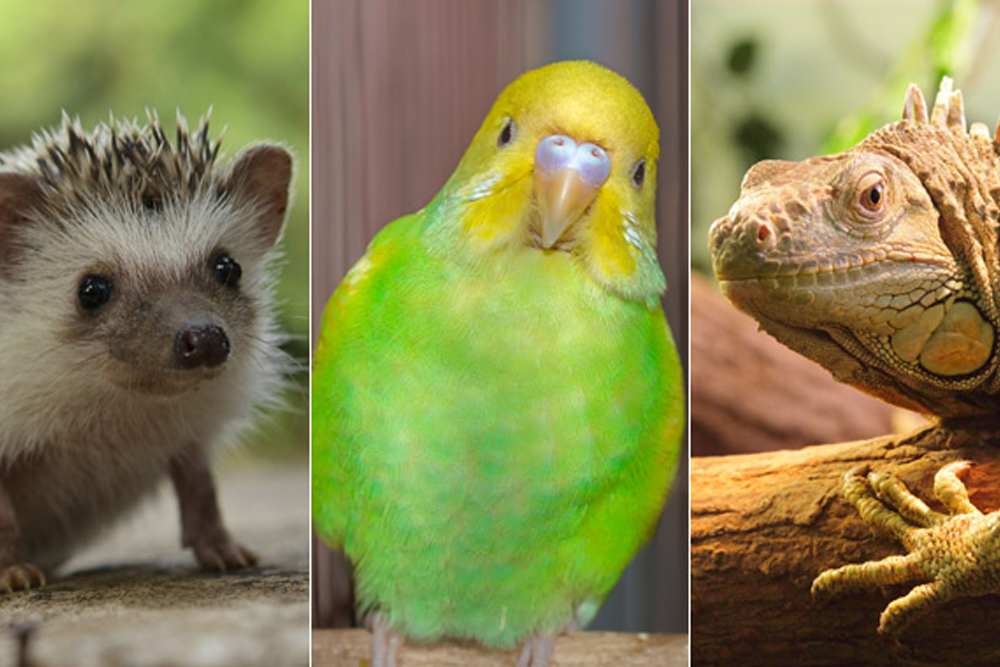The complete guide to taking care of your exotic pet

To take care of an exotic pet, it is important to provide them with an appropriate environment and what they deserve. The irresponsibility of owners in providing proper care for exotic pets is the main cause of a large percentage of the animals’ health issues. It is important to repeatedly monitor their health and visit the vet in cases of emergency1. For many reptile species, proper lighting, temperature, and humidity are important2.
Ensuring your exotics pet has a proper habitat is one of the more difficult elements of exotics pet care. This may entail investing in specialized equipment to guarantee that your pet’s environment has the proper lighting, terrain, humidity, and temperature, among other conditions. All exotics animals require nourishment.
Related articles
1- Treat Your Pet Like Family: 10 Fun Activities to Do Together
2- Keep Your Pet Healthy and Happy with Regular Veterinary Check-ups
3- How to Keep Your Pets Mind Sharp with Unique Games and Foods!
4- From Fat to Fit: Home Exercises for Your Obese Pet
When it comes to exotics pets’ health and welfare, providing the appropriate housing/enclosure and bedding is critical. Enclosures should be spacious enough for movement while still being safe enough to avoid escape. For many reptile species, proper lighting, temperature, and humidity are important2. Exotics can be expensive pets at the best of times as they require specialist care to ensure their needs are met. The majority of exotics, including reptiles, need a carefully controlled environment requiring access to specialised equipment for lighting and 24-hour heating4.
Before you decide to get an exotic pet, you should consider the following factors:
- The legal status of the animal. Some exotic pets are illegal to own in certain areas or require a special license or permit. Make sure you check the laws and regulations in your state or country before buying an exotic pet.
- The ethical implications of owning an exotic pet. Some exotic pets are endangered or threatened in their natural habitats, and buying them may contribute to the illegal wildlife trade or harm their conservation efforts. Make sure you buy your exotic pet from a reputable breeder or rescue organization that can provide proof of origin and health certificates.
- The cost of owning an exotic pet. Exotic pets can be expensive to buy and maintain. They may need specialized equipment, food, bedding, veterinary care, and other supplies that are not easily available or affordable. You should budget for the initial and ongoing costs of owning an exotic pet and be prepared for any emergencies or unexpected expenses.
- The commitment of owning an exotic pet. Exotic pets can live for a long time, depending on the species. Some reptiles can live for more than 20 years, and some birds can live for more than 50 years. You should be ready to commit to caring for your exotic pet for its entire lifespan and have a plan for what to do if you can no longer keep it.
- The needs of your exotic pet. Exotic pets have specific and complex needs that vary depending on the species. They need a suitable environment that mimics their natural habitat, with proper lighting, heating, humidity, ventilation, and enrichment. They need a balanced diet that meets their nutritional requirements and prevents health problems. They need regular health checks and preventive care from a qualified exotic animal veterinarian. They also need social interaction and stimulation that matches their natural behavior and personality.
Once you have done your research and decided on an exotics pet that suits your lifestyle and expectations, you should follow these basic guidelines to take care of it:
- Provide your exotic pet with a spacious and secure enclosure that meets its environmental needs. Make sure the enclosure has enough room for your pet to move around comfortably and express its natural behaviors. Make sure the enclosure has a lock or a lid to prevent your pet from escaping or being harmed by other animals or people.
- Equip your exotic pet’s enclosure with appropriate accessories and furnishings that enhance its comfort and well-being. Depending on the species, you may need to provide your pet with hiding places, climbing structures, basking spots, water dishes, substrate, plants, toys, and other items that enrich its environment and stimulate its senses.
- Monitor your exotic pet’s enclosure regularly and maintain optimal conditions for its health and happiness. Check the temperature, humidity, lighting, ventilation, and cleanliness of the enclosure daily and adjust them as needed. Clean the enclosure and change the bedding regularly to prevent odors, parasites, infections, and diseases.
- Feed your exotic pet a varied and nutritious diet that matches its natural food preferences and dietary needs. Consult your veterinarian or an expert on what to feed your exotic pet and how often. Avoid feeding your exotic pet human food or treats that may be harmful or inappropriate for its digestion or metabolism.
- Handle your exotic pet gently and carefully according to its temperament and behavior. Some exotic pets are more friendly and sociable than others, and some may not like being handled at all. Learn how to read your exotic pet’s body language and respect its boundaries. Always supervise your exotic pet when you let it out of its enclosure and keep it away from potential hazards or predators.
- Visit your veterinarian regularly for routine check-ups and preventive care for your exotic pet. Find a veterinarian who has experience and expertise in treating exotic animals and who can provide specialized care for your pet’s unique needs. Follow your veterinarian’s advice on vaccinations, parasite control, dental care, grooming, spaying/neutering, microchipping.
Taking care of an exotics pet requires a lot of effort and investment in terms of time and money. It is important to provide them with an appropriate environment and what they deserve. The irresponsibility of owners in providing proper care for exotics pets is the main cause of a large percentage of the animals’ health issues. It is important to repeatedly monitor their health and visit the vet in cases of emergency. Ensuring your exotics pet has a proper habitat is one of the more difficult elements of exotics pet care.
Sobre o Autor




0 Comentários